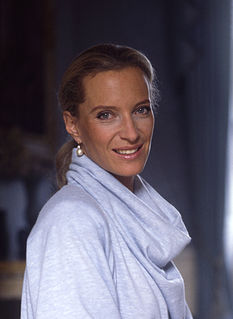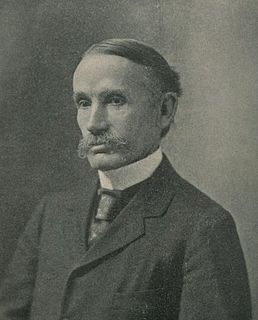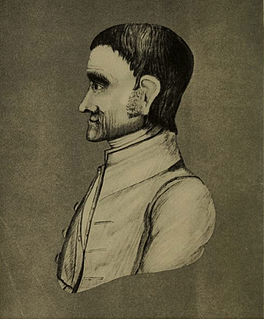A Quote by Jean de la Bruyere
A man is rich whose income is larger than his expenses, and he is poor if his expenses are greater than his income.
Related Quotes
We commonly say that the rich man can speak the truth, can afford honesty, can afford independence of opinion and action;--and that is the theory of nobility. But it is the rich man in a true sense, that is to say, not the man of large income and large expenditure, but solely the man whose outlay is less than his income and is steadily kept so.
The income tax is the biggest single intrusion suffered by the American people. It forces every worker to be a bookkeeper, to open his records to the government, to explain his expenses, to fear conviction for a harmless accounting error. Compliance wastes billions of dollars. It penalizes savings and creates an enormous drag on the U.S. economy. It is incompatible with a free society, and we aren’t libertarians if we tolerate it.
When the sacredness of one's word is matched in the attributes of his character throughout, all that constitutes a man, then we find that there is something in a man's life greater than his occupation or his achievements; grander than acquisition or wealth; higher than genius; more enduring than fame.
Success is in the student, not in the university; greatness is in the individual, not in the library; power is in the man, not in his crutches. A great man will make opportunities, even out of the commonest and meanest situations. If a man is not superior to his education, is not larger than his crutches or his helps, if he is not greater than the means of his culture, which are but the sign-boards pointing the way to success, he will never reach greatness. Not learning, not culture alone, not helps and opportunities, but personal power and sterling integrity, make a man great.
Every man is rich or poor according to the proportion between his desires and his enjoyments; any enlargement of wishes is therefore equally destructive to happiness with the diminution of possession, and he that teaches another to long for what he never shall obtain is no less an enemy to his quiet than if he had robbed him of part of his patrimony







































